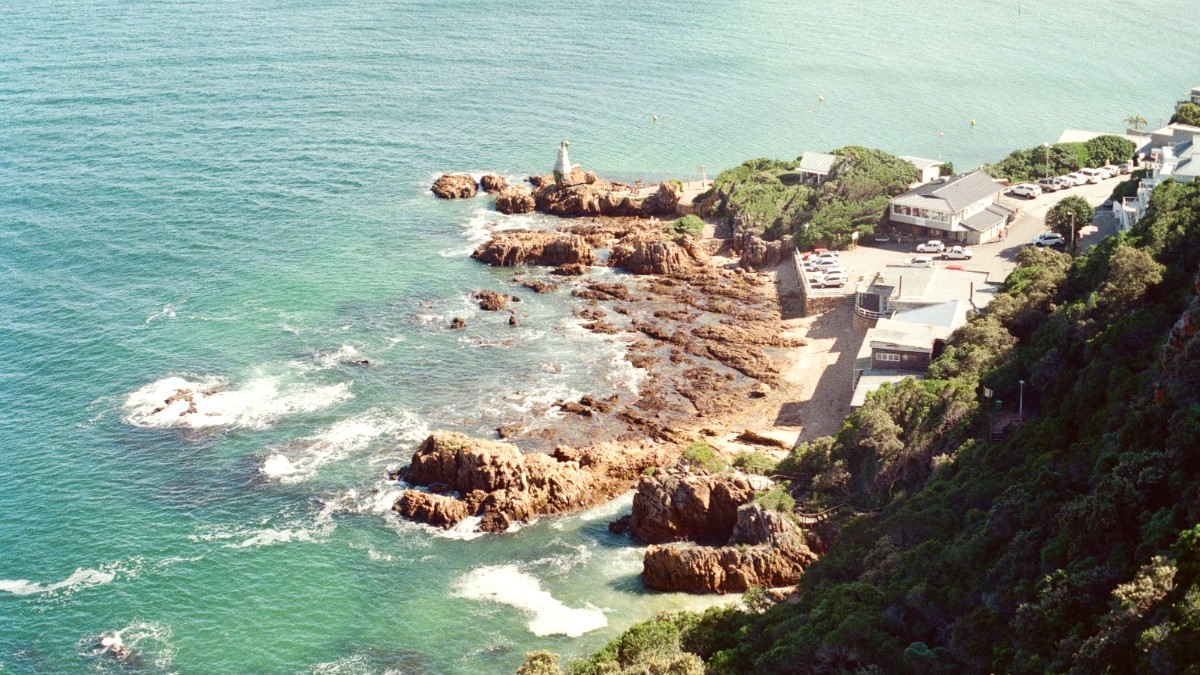
South Africa
Knysna does not have a formal, regulated public bus system or a metro system like major urban centers. The main local public transport comprises minibus taxis.
These are privately-owned vans (often 10-15 seater kombis) that operate on set routes. They pick up and drop off passengers along these routes rather than at fixed bus stops. This system serves local residents for daily commutes.
Minibus taxi routes do not officially map for public display. They connect the Knysna town center, the main Knysna taxi rank, and surrounding residential areas.
Fares fix for specific routes but vary by distance. No pre-purchased tickets or passes. Confirm the fare before your journey, especially if unsure.
Minibus taxis typically operate from early morning until late evening (around 8-9 PM). Frequency depends on demand, more often during peak commuter hours.
Most flexible way to explore Knysna and Garden Route.
Less common, available from specialty outlets.
Shops around Waterfront offer standard and mountain bikes.
Knysna has no unique local transport like tuk-tuks.
For more comfortable and secure local travel, metered taxis and ride-sharing apps offer better alternatives. These options often provide greater peace of mind than informal transport.
Various operators offer guided day tours from Knysna to nearby attractions (Tsitsikamma National Park, Plettenberg Bay).
Numerous operators conduct scenic boat trips on the Knysna Lagoon for tourism purposes.
Older parts of Knysna present mobility challenges. Newer areas like Waterfront generally more accessible.
Renting a vehicle, especially a car, offers the most freedom for exploring Knysna and the entire Garden Route. This flexibility allows for independent travel and discovery.
Drive on the left-hand side. Seatbelts mandatory for all. Strict drink-driving laws. Using a mobile phone while driving is illegal without hands-free.
Observe posted speed limits carefully.
Major roads (N2 highway) appear in excellent condition. Smaller regional roads and gravel roads vary, with some potholes.
Drive with caution on less-traveled routes.
Ample parking at Knysna Waterfront (usually paid). Street parking available in town center. Many accommodations offer free, secure parking.
Tip car guards R5-R10; ensure valuables out of sight.
Beyond standard options, Knysna offers unique ways to experience its environment.
No cable cars, funiculars, or similar unique mechanical transport systems exist in Knysna.
Accessibility can present challenges in older parts of Knysna (uneven pavements, limited ramps).
Pre-booking accessible transport with specialized tour operators is highly advisable for mobility needs.
Researching specific routes and booking ahead for tours or transfers smooths the journey.